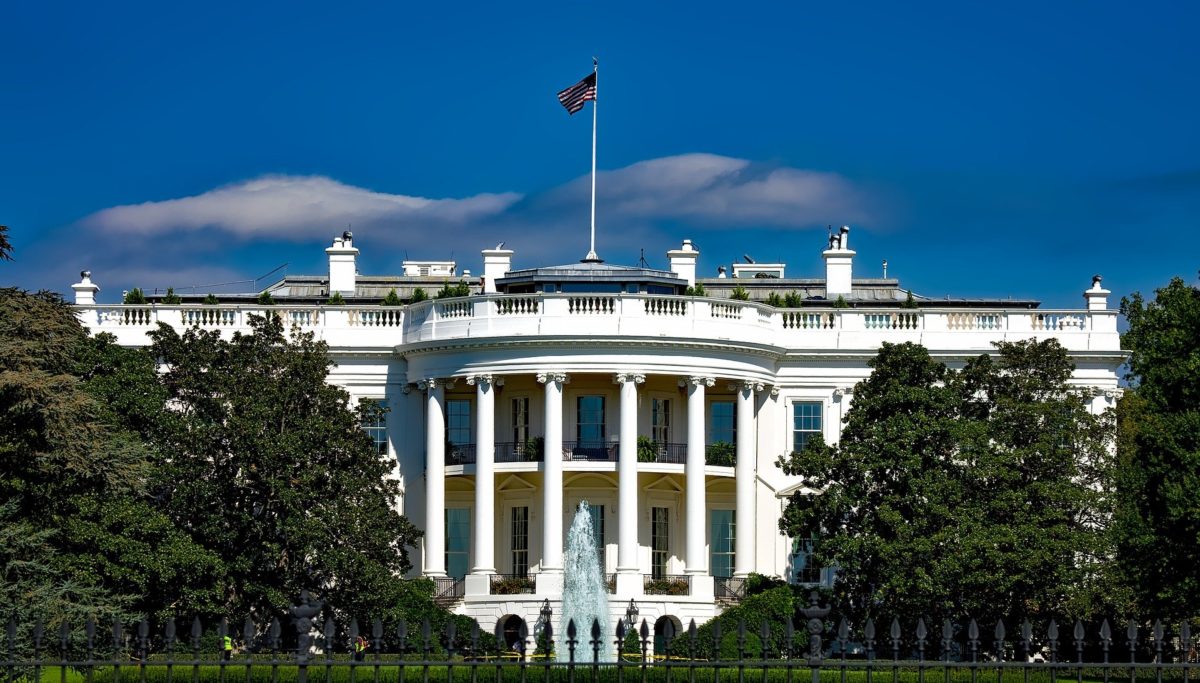/https%3A%2F%2Ftf-cmsv2-smithsonianmag-media.s3.amazonaws.com%2Ffiler%2Fb1%2F01%2Fb101732e-7ed6-44c9-aa87-34ad8d75c78a%2Fgettyimages-129374610.jpg)
The Amazon Rainforest Now Emits More Greenhouse Gases Than It Absorbs
Climate change and deforestation have transformed the ecosystem into a net source of planet-warming gases instead of a carbon sinkwww.smithsonianmag.com
“Cutting the forest is interfering with its carbon uptake; that’s a problem,” Covey tells National Geographic. “When you start to look at these other factors alongside CO2, it gets really hard to see how the net effect isn’t that the Amazon as a whole is really warming global climate.”
Part of the issue is that many of the ways in which human activities are changing the Amazon end up being double or even triple whammies when it comes to greenhouse gas emissions. Say cattle ranchers burn a patch of rainforest to create new pasture for their herd, not only is the carbon dioxide absorbing power of the trees gone, but their stored carbon is released and the newly barren soil is likely to increase its emissions of greenhouse gases such as methane and nitrous oxide. What’s more, the grazing cows belch methane, a greenhouse gas roughly 30-times more damaging than carbon dioxide. Lost forest cover can also change patterns of rainfall and make the rest of the forest hotter and drier, which also tends to increase greenhouse gas emissions.
Overall, the pattern starts to sound like a worrisome feedback loop: deforestation increases greenhouse gas emissions which increases warming, and that warming then drives increased greenhouse gas emissions, and so on.
It'll all balance out once the humans go extinct!




:max_bytes(150000):strip_icc()/GettyImages-1287633556-504569e892874aa4a5286fcee027a0a5.jpg)
